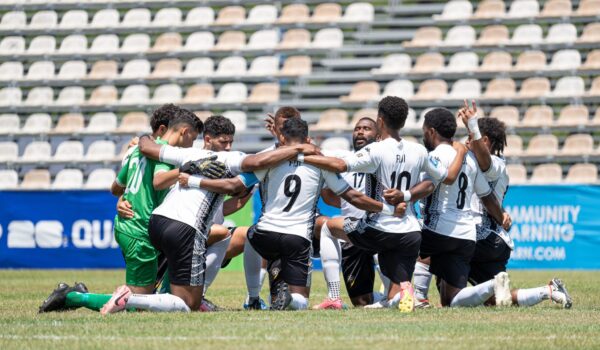Water disruptions can happen suddenly due to maintenance issues, burst pipes, or environmental factors. When access to running water is interrupted, it’s essential to stay prepared and know how to manage the situation. Here’s a straightforward guide to help you get through it:
1. Stock Up on Water
- Emergency Water Supply: Always have bottled water in storage. Aim for at least one gallon (about 3.8 liters) per person per day, and keep enough for at least three days.
- Containers: If you receive notice of a potential water shutoff, fill clean containers, buckets, or even your bathtub with water to use for drinking, washing, and flushing toilets.
2. Water Conservation Tips
- Use Water Sparingly: Prioritize drinking and basic hygiene. Postpone non-essential activities like washing dishes or doing laundry until the water supply is restored.
- Small-Scale Cleaning: Use hand sanitizer for quick cleaning and wet wipes for refreshing your body when a full wash isn’t possible.
3. Safe Water Storage
- Seal Containers Properly: Store water in clean, airtight containers to prevent contamination.
- Label and Rotate: Mark the date when you stored the water and replace it every six months to ensure freshness.
4. Alternative Water Sources
- Melting Ice: Melt ice from your freezer as a backup source.
- Boiling Water: If you need to use water from less trusted sources, boil it for at least one minute to kill most germs.
- Water Purification Tablets: Keep purification tablets or filters on hand as an additional safety measure for treating water from streams or rain.
5. Hygiene Practices
- Hand Washing: If running water isn’t available, use a basin of stored water or hand sanitizer.
- Toilets: Pour a bucket of stored water into the toilet bowl to flush waste manually. Only do this for solid waste if water is very limited.
6. Stay Informed
- Updates: Follow news and updates from your local water authority via their website, social media, or radio to stay informed on repair timelines.
- Community Resources: Be aware of local water distribution centers or neighbors who may be able to share resources.
Final Tip: Stay Prepared
Being ready for a water disruption before it occurs makes a significant difference. Make a checklist of water-saving supplies and ensure your household knows where everything is stored. With a little planning, you can handle water disruptions calmly and safely.








